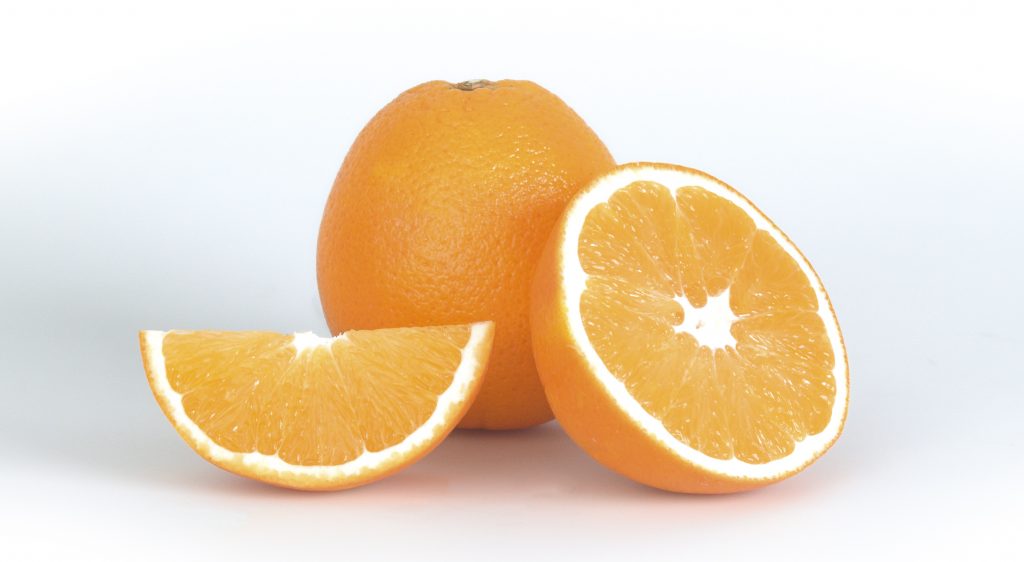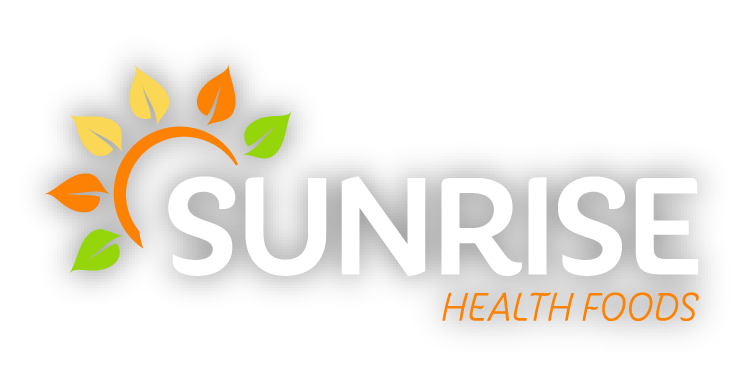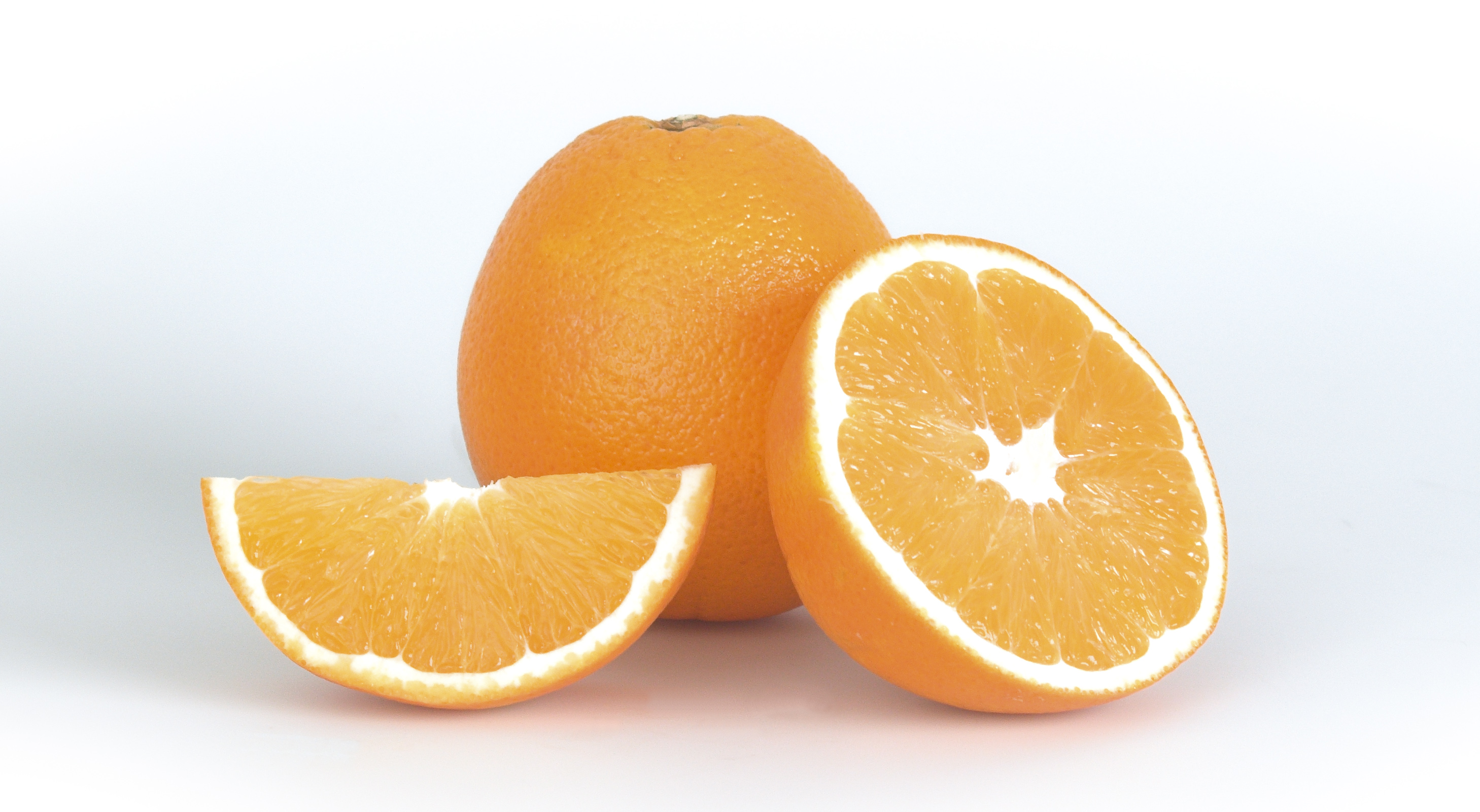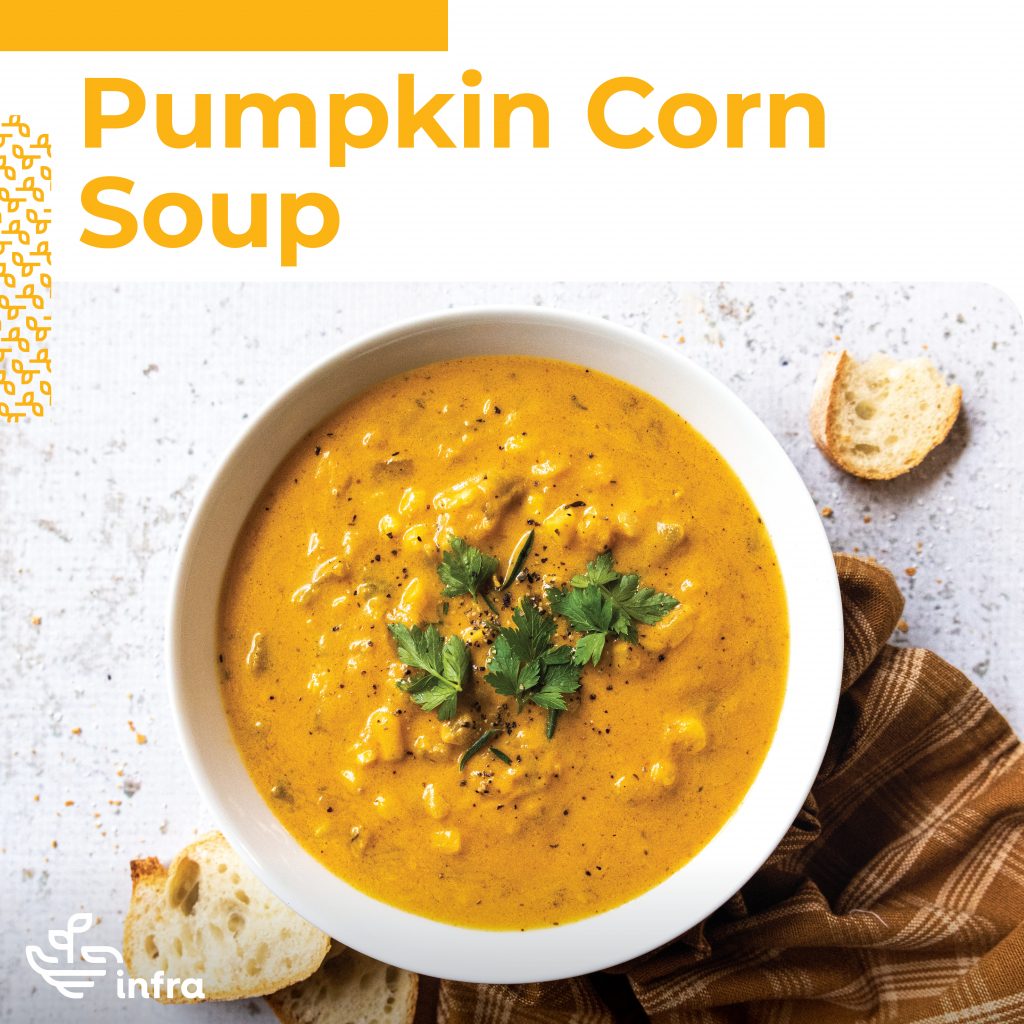Who's There?
Oranges & They're No Joke!

Oranges are a delicious snack that boast serious health benefits! Just one orange can provide you with over 130% of your daily needs of Vitamin C.
Health benefits of oranges
MedicalNewsToday.com By Megan Ware RDN LD Last updated Wed 20 December 2017
Oranges are low in calories and packed full of other nutrients that can promote healthy skin as well as help to lower our risk for many diseases as part of an overall healthy and varied diet.
Orange trees are the most commonly cultivated fruit trees in the world. Oranges are a popular fruit because of their natural sweetness, wide variety of types and diversity of uses, from juices and marmalades to face masks and candied orange slices.
An orange has over 170 different phytochemicals and more than 60 flavonoids. Many of these have been shown to have anti-inflammatory properties and strong antioxidant effects.
Benefits
The nutrients in oranges offer a range of health benefits.
Stroke According to the American Heart Association (AHA), eating higher amounts of a compound found in citrus fruits like oranges and grapefruit may lower ischemic stroke risk for women.
Those who ate the highest amounts of citrus had a 19 percent lower risk of ischemic stroke than women who consumed the least.
Blood pressure Maintaining a low sodium intake is essential to lowering blood pressure, however increasing potassium intake may be just as important because of its vasodilation effects.
According to the National Health and Nutrition Examination Survey (NHANES), fewer than 2 percent of US adults meet the daily 4700 mg recommendation.
Also of note, a high potassium intake is associated with a 20 percent decreased risk of dying from all causes.
Heart health The fiber, potassium, vitamin C and choline content in oranges all support heart health.
An increase in potassium intake along with a decrease in sodium intake is the most important dietary change that a person can make to reduce their risk of cardiovascular disease, according to Dr. Mark Houston, an associate clinical professor of medicine at Vanderbilt Medical School and director of the Hypertension Institute at St. Thomas Hospital in Tennessee.
In one study, those who consumed 4069 mg of potassium per day had a 49 percent lower risk of death from ischemic heart disease compared with those who consumed less potassium (about 1000 mg per day).
High potassium intakes are also associated with a reduced risk of stroke, protection against loss of muscle mass, preservation of bone mineral density and reduction in the formation of kidney stones.
Diabetes Studies have shown that type 1 diabetics who consume high-fiber diets have lower blood glucose levels and type 2 diabetics may have improved blood sugar, lipids and insulin levels. One medium banana provides about 3 grams of fiber.
The Dietary Guidelines for Americans recommend 21-25 g/day for women and 30-38 g/day for men.
Skin The antioxidant vitamin C, when eaten in its natural form (as in an orange) or applied topically, can help to fight skin damage caused by the sun and pollution, reduce wrinkles and improve overall skin texture. Vitamin C plays a vital role in the formation of collagen, the support system of your skin.
Read the full article here: https://www.medicalnewstoday.com/articles/272782.php



